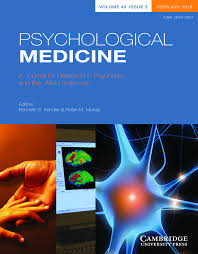The effect of heart rate variability biofeedbacktraining on stress and anxiety: a meta-analysis
Catégories
Mots-clefs
Catégories
Mots-clefs
The effect of heart rate variability biofeedbacktraining on stress and anxiety: a meta-analysis

Background.Some evidence suggests that heart rate variability (HRV) biofeedback might be an effective way to treat anxiety and stress symptoms. To examine the effect of HRV biofeedback on symptoms of anxiety and stress, we conducted a meta-analysis of studies extracted from PubMed, PsycINFO and the Cochrane Library.Methods.The search identified 24 studies totaling 484 participants who received HRV biofeedback training for stress and anxiety. We conducted a random-effects meta-analysis. Results.The pre-post within-group effect size (Hedges’g) was 0.81. The between-groups analysis comparing biofeedback to a control condition yielded Hedges’g= 0.83. Moderator analyses revealed that treatment efficacy was not moderated by study year, risk of study bias, percentage of females, number of sessions, or presence of an anxiety disorder. Conclusions.HRV biofeedback training is associated with a large reduction in self-reported stress and anxiety. Although more well-controlled studies are needed, this intervention offers a promising approach for treating stress and anxiety with wearable devices.
Télécharger la publication complète, Cliquez ici